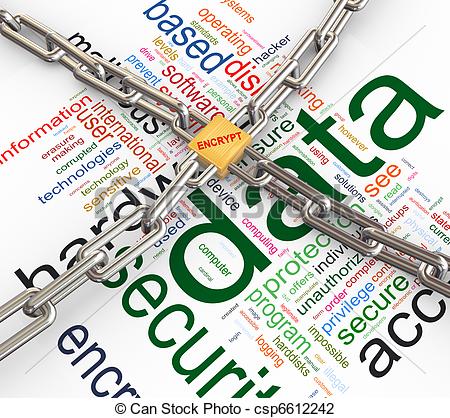You may have heard that in the US there’s no need to register your copyrights, because they’re automatically protected. While this is true, this is misleading.
While your work is automatically copyrighted once it’s fixed in a tangible form, you can’t enforce this copyright, because you can’t bring a lawsuit for copyright infringement until you receive either a certificate of registration or a denial of registration from the Copyright Office.
If you register your copyright within five years after first publication of the work, the registration will constitute prima facie evidence (a rebuttable presumption) of the validity of the copyright and of the facts stated in the certificate of registration.
The term “publication” has a technical meaning in the copyright laws, but generally speaking, “first publication” occurs on the date on which copies of the work are first made available to the public.
Your copyright must also be registered before you can effectively protect your work under the Digital Millennium Copyright Act (DMCA). Under the DMCA, if you feel a website is infringing your copyright, you can send a take down notice demanding removal of the infringing content.
If, however, the person who posted the material sends a counter-notification, you have only 10 to 14 days within which to file a lawsuit, or the infringing material will be put back up on the website. In reality, then, you can’t count on DMCA take downs unless you’ve already registered the copyright in the work.
This is because, according to the Copyright Office website, the average time from application to the date of registration is currently four months, but the process can take as long as 22 months.
Special handling is available to speed up the processing time, but this is extremely expensive, costing $800 plus the $35 to $85 standard filing fee. Worse, there’s no guarantee of when the application will be processed. The Copyright Office merely agrees to try to process the application within five working days.
By promptly registering your copyrights, you also have more remedies available in case of an infringement. Normally, the remedies for copyright infringement are the recovery of actual damages (if they can be established) and court orders requiring all infringing copies to be destroyed and prohibiting future copying.
As you might guess, it is often difficult, if not impossible, to prove actual damages. If your copyright in the work was registered before the infringement occurred, though, you have the option of being awarded statutory damages rather than actual damages. In addition, you may be reimbursed for your attorneys’ fees.
Statutory damages are no less than $750 and no more than $30,000, though if it can be established that the infringement was willful, they may be as high as $150,000, and damages for an innocent infringer may be as low as $200.
If you register a work within three months of the date of first publication, the registration will be retroactive to the date of first publication, so it’s a good idea to register all of your copyrights within three months of publication.
Courts have long held that statutory damages and attorneys’ fees are unavailable if an infringement began prior to registration, even if that infringement continues after registration. A recent Fifth Circuit case holds that that statutory damages are barred for all future infringements of any kind where the work and defendant are the same.
In other words, if someone begins infringing your work before you register the copyright, you would not be eligible for statutory damages even for infringements occurring after registration, if the claim involves the same copyright and the same defendant – even if the infringements are of completely different types.
For example, if the defendant reproduces your photograph on its website before you register your copyright, and later, after you register your copyright, it reproduces the image on coffee mugs, you would not be eligible for statutory damages in connection with the infringing mugs.
As you can see, it’s important that all copyrights be registered as soon as possible.
Please feel free to contact us if you have any questions about registering or enforcing your copyrights.






